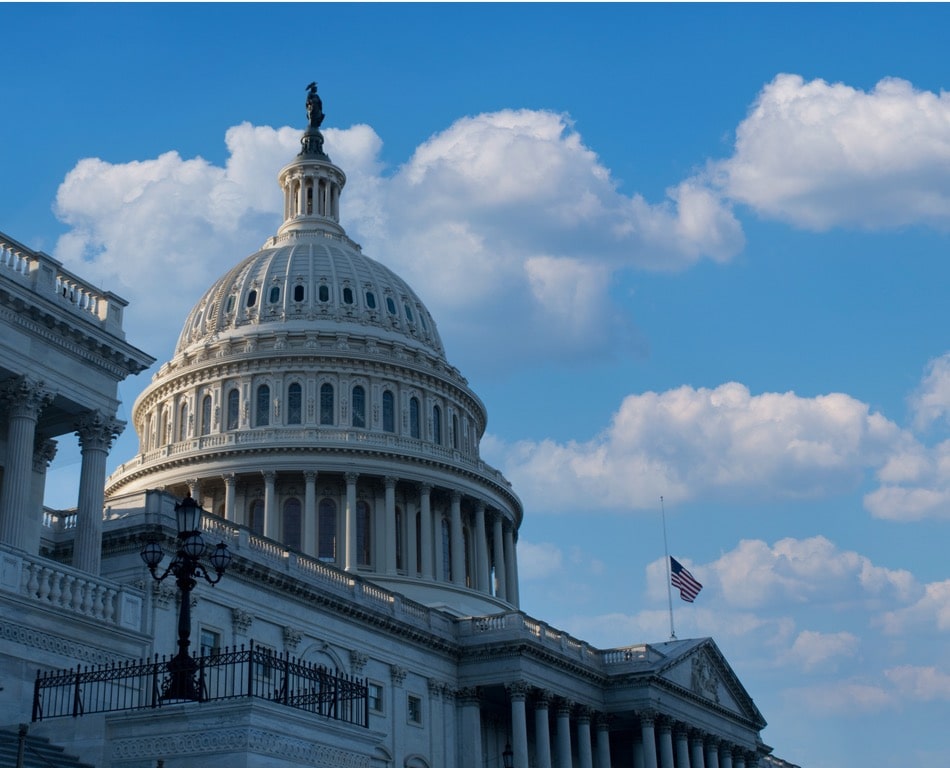On July 8, Senator Chuck Grassley, Senator Bill Cassidy and Senator Ron Johnson co-hosted a roundtable to discuss abuse allegations and alleged failures in the Unaccompanied Children (UC) program. The roundtable centered around whistleblower allegations about the program.
According to a study conducted by The New York Times, 250,000 unaccompanied minors have immigrated to the United States in the past two years. The study found that as the number of children has increased, the White House pressured staffers to quickly approve sponsors. Caseworks have explained that they were forced to rush through vetting processes to keep up with demands. After a minor is placed with a sponsor, the HHS contacts them to conduct a check-in. The New York Times showed that over the last two years, the agency could not reach more than 85,000 children, a third of all children placed with sponsors.
In his opening remarks to the roundtable, Senator Grassley stated that in 2015, he received information from a whistleblower that minors were being released to sponsors with criminal records that included domestic violence and child molestation. Senator Grassley explained that since then, he has brought these concerns to Senate Judiciary hearings and expanded his investigation into internal government records. Senator Cassidy continued that from March to April 2021, there were 54 instances where the Office of Refugee Resettlement (ORR) did not conduct a background check on a sponsor before granting them custody of a child. Senator Johnson noted the importance of protecting whistleblowers in his opening statement, explaining that Congress always needs whistleblowers to come forward.
Whistleblower Deborah White, an employee with the General Services Administration, was detailed to a California emergency intake site in 2021. She alleges she discovered the first case of trafficking and reported it to Tara Rodas in June of 2021. Rodas is an employee with the Council of the Inspector General on integrity and efficiency.
White says she raised concerns internally about contractor failures and was told not to bring them up again. Discouraged by her supervisors, she created training programs for incident reporting sexual abuse and flagging human traffickers. Despite these efforts, she said children were still being sent to dangerous places. She alleges being instructed to continue placing children with sponsors and warned against contacting any outside agencies. White says that she found that during one-month check-in calls, many sponsors no longer had custody of the child that was placed with them. After raising these concerns, White says she was told to stop doing 30-day calls as they would now be conducted at the national call center. She alleges that children were repeatedly assigned to dangerous individuals while her concerns were ignored.
Rodas alleges that she found cases of children trafficked into the United States. She explained that U.S. government agencies and contractors have little or no training on how to protect children from trafficking and abuse. After she reported the second case to ORR, she said that her badge was taken, and she was escorted back to her home in Washington, D.C.
“These cases again exemplify why federal employee whistleblowers need strong protection and access to federal courts Detection starts at the bottom; the rank and file employees know where the problems are, but most will be afraid to report without effective laws,” said Stephen M. Kohn, the Chairman of the Board of National Whistleblower Center and leading whistleblower attorney. Kohn said the statements of these whistleblowers demonstrate the urgent need for Congress to pass the Congressional Whistleblower Protection Act. This Act would ensure all federal employees, contractors, and applicants can file administrative complaints. Additionally, the legislation allows whistleblowers to pursue a lawsuit in federal court and seek a range of relief if corrective action is not reached within 180 days of filing, including lost wages and benefits.
Senator Richard Blumenthal introduced the Congressional Whistleblower Protection Act. He asserted that “whistleblowers must be protected against retaliation when they bravely reveal waste, fraud, and abuse.” Federal whistleblowers have been denied court access since 1983 due to the 1978 Civil Service Reform Act (CSRA). The U.S. Supreme Court decided in Bush v. Lucas that CSRA replaced federal employees’ pre-existing right to court access. The Congressional Whistleblower Protection Act could restore this key right to federal government whistleblowers.
The Congressional Whistleblower Protection Act is endorsed by Whistleblowers of America, Government Accountability Project, POGO, Union of Concerned Scientists, National Whistleblower Center, Taxpayers Protection Alliance, and Transparency International U.S.
Further Reading:
Senators Introduce Bill to Provide Court Access for Federal Whistleblowers
